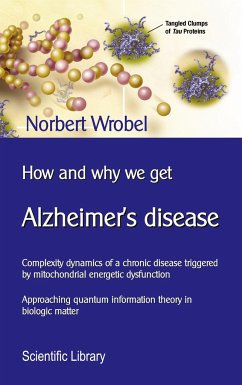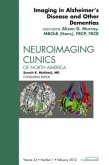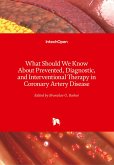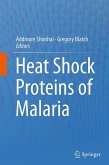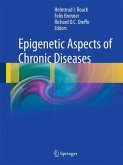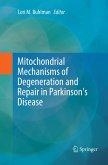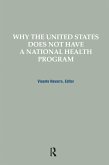With regard to the sporadic form of Alzheimer's disease, a reduction to molecular-biological or genetic processes does not sufficiently contribute to the understanding of its development. Its pathogenesis only becomes clearer from an emergent perspective, a critical examination of the existing hypotheses on the development of the disease and the inclusion of fundamental scientific findings. Against an extremely complex background, the energetic factor stands out. The efficiency of some processes in cellular energy use and production points to principles of quantum information. In this context, potentially new diagnostic and therapeutic methods are discussed.
Hinweis: Dieser Artikel kann nur an eine deutsche Lieferadresse ausgeliefert werden.
Hinweis: Dieser Artikel kann nur an eine deutsche Lieferadresse ausgeliefert werden.

